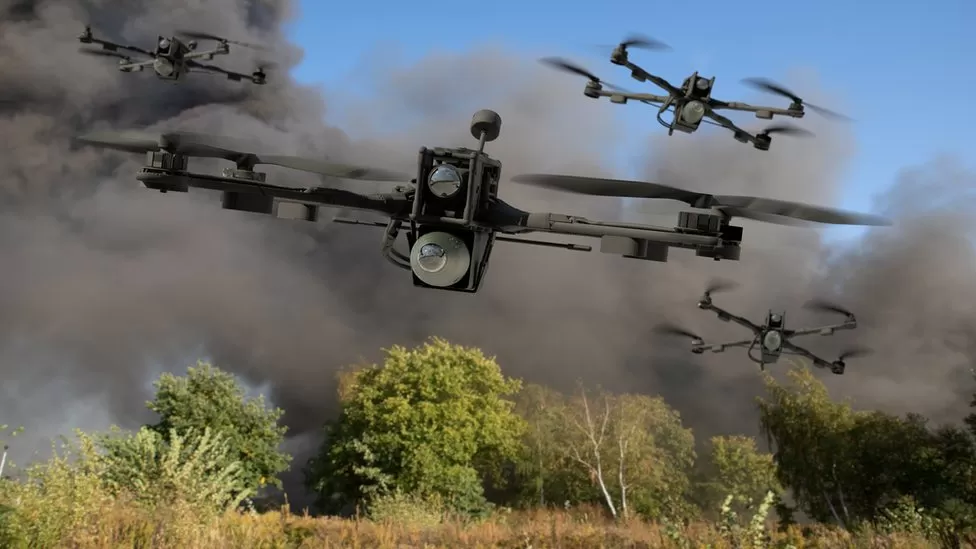Artificial intelligence role in the defence industry

Alexander Kmentt doesn’t pull his punches: “Humanity is about to cross a threshold of absolutely critical importance,” he warns.
According to the Austrian Foreign Ministry’s disarmament director, autonomous weapons systems (AWS) are being discussed. According to him, technology is developing much faster than the regulations governing it. “It’s getting close to the end of the window for regulating.”
In the defence industry, AI-assisted tools are being developed or are already being used.
The level of autonomy currently possible has been claimed by different companies.
For a vehicle it produces that can locate and destroy targets on its own, the level of autonomy is not limited. Clients can choose whether the machine can fire without human input, rather than the machine firing on its own.
The Israeli weapons system previously identified people as threats based on the presence of firearms – though these systems can, like humans, make mistakes.
A system from the Australian company Athena AI can detect people wearing military clothes and carrying weapons, then place them on a map.
Athena AI’s chief executive, Stephen Bornstein, says that creating a map for situational awareness is the company’s primary use case right now.
Military logistics, intelligence, surveillance, and reconnaissance systems are included.
C3 AI is one company that handles military logistics. It is primarily a civilian technology company, but its tools have been applied to the US military as well.
As a result of this AI analysis, monitored systems require 40% less unscheduled maintenance, according to the company.
Even when randomness and human error are taken into account, Mr Siebel says the technology is sophisticated enough to make such predictions.
